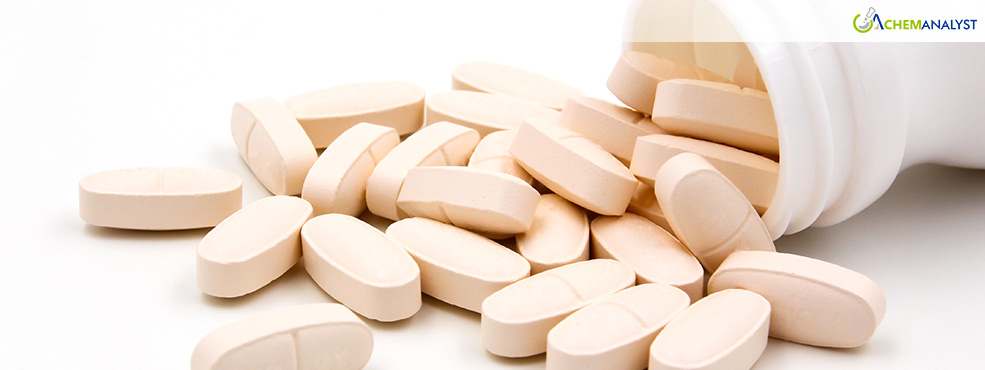Welcome To ChemAnalyst

The global pharmaceutical market is bracing for a potential increase in the prices of levodopa, a critical medication used to treat Parkinson's disease, as multiple factors converge to drive costs upward. This upward trend is driven by growing levodopa demand from the healthcare and pharmaceutical sectors, coupled with a constrained supply in the market.
Key Takeaways:
China’s Lunar New Year celebrations traditionally lead to a slowdown in manufacturing activities, as factories either shut down or operate with reduced capacity during the 15-day festival. With workers on extended leave and logistics networks running below normal efficiency, the production and distribution of essential pharmaceutical ingredients—including levodopa—are expected to take a hit.
Ahead of the holiday, many manufacturers and suppliers deplete existing stockpiles to fulfill pre-festival orders, leading to a significant drop in available inventory. As a result, by mid-February, when operations gradually resume, the market could face a supply-demand imbalance, with lower stock levels driving levodopa prices upward.
Adding to these supply chain challenges, President Trump signed an executive order on February 1, 2025, imposing a 10% tariff on all Chinese imports. Given that China is a primary supplier of levodopa to the U.S., pharmaceutical companies relying on Chinese imports will now face higher procurement costs, which could be passed on to consumers and end-users.
To avoid these higher costs, U.S. buyers might shift their sourcing to alternative suppliers, such as India, which is a major producer of generic pharmaceuticals and APIs. This sudden increase in demand from the U.S. could strain India's existing supply capacity, leading to a supply-demand imbalance. As Indian manufacturers prioritize fulfilling these new orders, domestic supplies of levodopa may tighten, driving up prices within India.
China's strategic response to U.S. tariffs could significantly impact the European market. As the 10% tariff makes the U.S. market less appealing, Chinese producers may shift their attention to alternative major markets like Europe to sustain their export levels. Although this might initially appear to ensure a steady supply, the situation is complicated by the slowdown in production due to China’s Lunar New Year. As demand for Chinese levodopa increases among European pharmaceutical companies, heightened competition will likely push prices higher.
Given the current market dynamics, global levodopa prices are expected to continue rising through Q1 2025, driven by consistent demand across key markets. The global market will experience increased costs, primarily due to supply chain disruptions, shifting trade flows, and heightened competition for limited supplies.
We use cookies to deliver the best possible experience on our website. To learn more, visit our Privacy Policy. By continuing to use this site or by closing this box, you consent to our use of cookies. More info.
